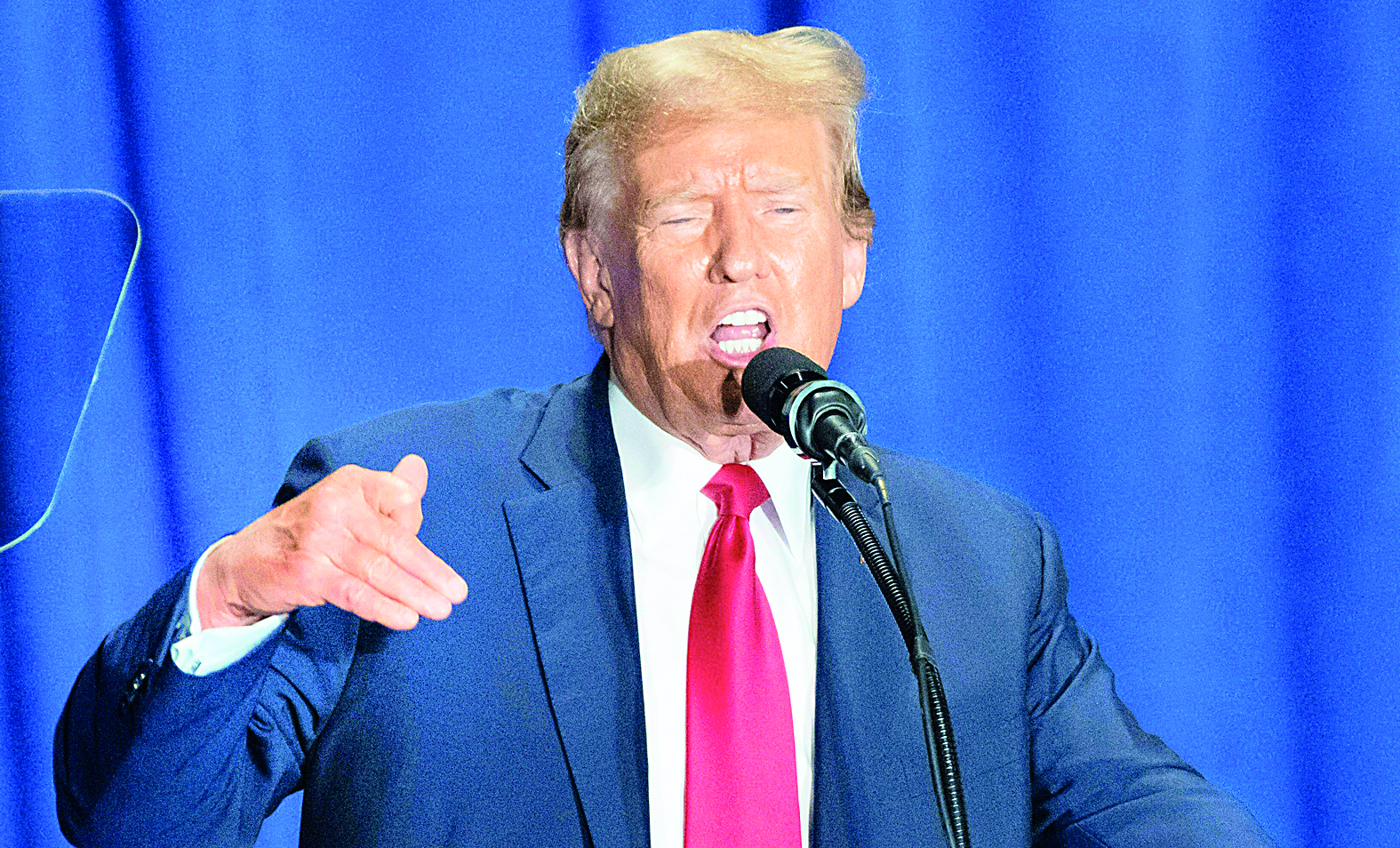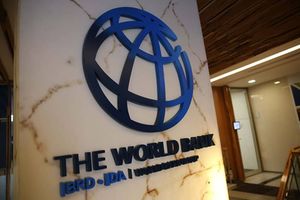What will move and shake the global economy in 2021?

The year 2020 was very eventful in many spheres across the globe. These included the social, political, technological and economic spheres. A number of factors do move and shake various spheres of life in each year. With the new year 2021 just one day ‘old,’ a number of predictions on what can move and shake various spheres of life in the new year can be made. In this piece, predictions of what will move and shake the global economy in the new year are made.
First wave of Covid-19
Those who predicted what would move and shake the global economy in 2020 largely missed out the Covid-19 factor. This is because no one had seen it coming before it hit the world. When it came, it showed its true colours in terms of its many and far-reaching impacts in 2020 in proportions and ways that no one had predicted. After seeing the light of the day, the pandemic has changed almost everything across the world. It has been the major factor that has moved and shaken the world in 2020 and is likely to do the same in 2021.
Covid-19 impacts
In the economic sphere, Covid-19 has disrupted business eco-systems. It has affected virtually all sectors of the economy via the route of the several containment measures put in place to control its spread.
It has made economies bleed; slowdown; move towards and even into red territories; reduced sales volumes, sales revenues, profits and growth prospects. It has affected transport sector including aviation.
It has affected other sectors such as tourism, hotel, agriculture, mining, education, sports, banking and many others. It has devastated economies across the world, disrupted international and national trade and affected revenues and incomes at all levels.
These and other similar impacts are likely to keep on moving and shaking the world economy in 2021. This is partly because some impacts are seen in the medium to long term time horizon after emergence of such shocks as Covid-19.
Covid-19 recovery
Recovery in the context of this article is the process through which all these negative business and economic aspects are changed to the better.
It is all about turning around things and pumping new life into struggling businesses and economies. Recovering from the economic havocs brought about by Covid-19 is a function of many variables.
These include policy interventions including fiscal and monetary policies and their varied and many policy instruments.
Various Covid-19 recovery interventions will move and shake the global economy in 2021. These include stimulus and bailout packages.
Stimulus packages are attempting to stimulate and pump new life into a sluggish and bleeding economy thanks to Covid-19. Bailout packages aim at rescuing strategic businesses that are too large and too important to fail and fall.
These are systemic businesses whose fail and fall would not be limited to themselves but to a whole eco-system around them.
Second wave of Covid-19
It is very unfortunate that when we thought that the world economy was on recovery path from the first wave of Covid-19, the second one came in the last part of 2021. This might derail the recovery process thereby taking the global economy off the pre-Covid-19 trajectories. The economic impacts of the second wave of Covid-19 will take similar route as the first one.
However, its impacts are likely to be less severe compared to the first one. This is partly because we have travelled through the learning curve in the context of the first wave of Covid-19. We have learned its impacts mechanisms and developed some coping mechanisms. Among the best news is the availability of some vaccines.
This is likely to reduce the spread of the pandemic and by implication reduce its impacts in the global economy.
Unforeseen events
Just as Covid-19 as we know it now was not foreseen before 2020, there may be other factors that will move and shake the global economy in 2021.
These may be related to what we know now like Brexit, trade wars between countries, developments in science and technology including the Fourth Industrial Revolution (FIR) and others along that line.
________________________________________________________________
The author is Associate Professor of Economics at Mzumbe University and Principal of Mzumbe University Dar Es Salaam Campus





